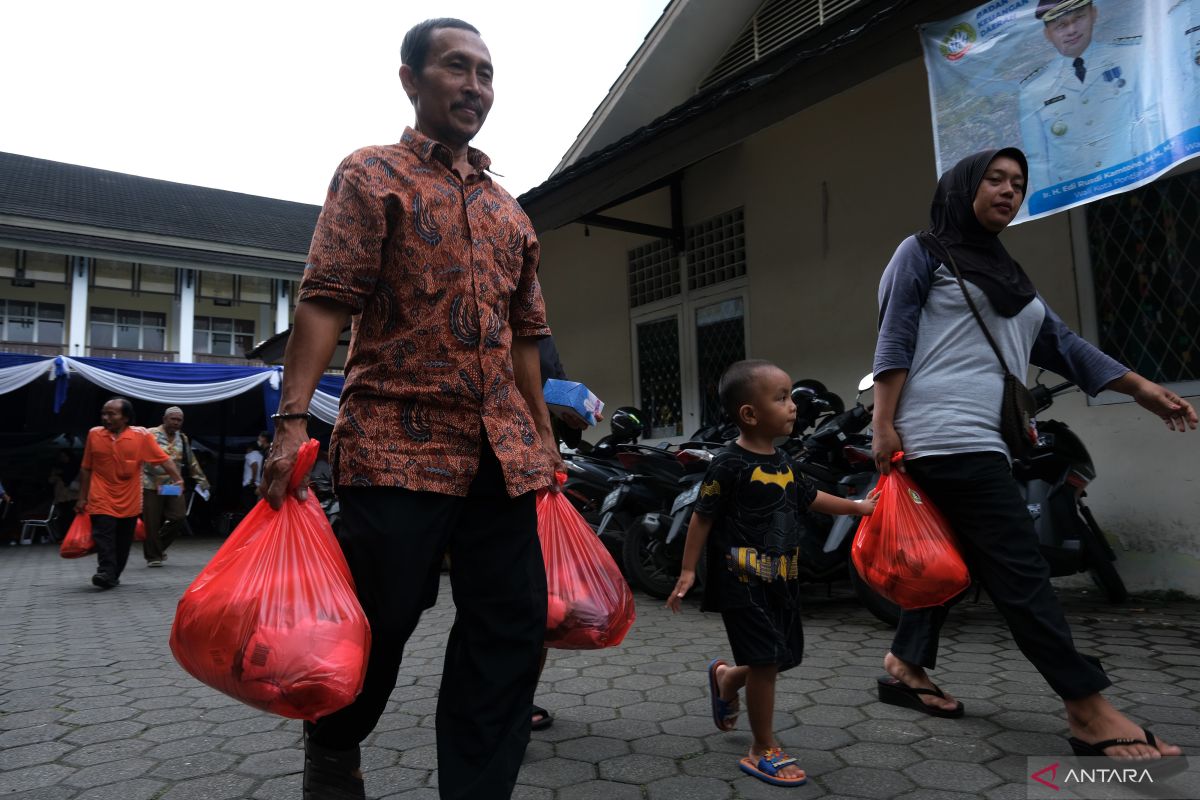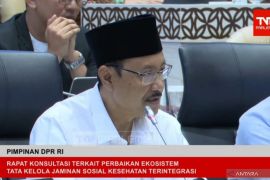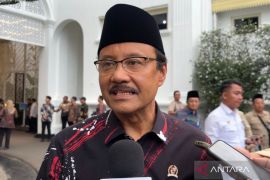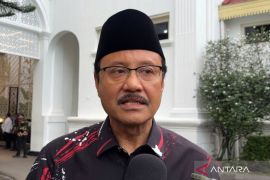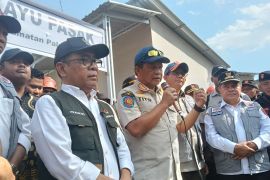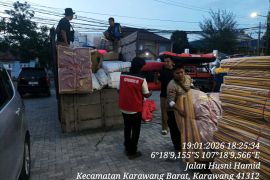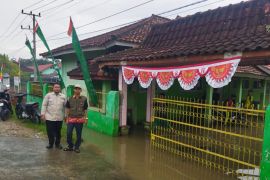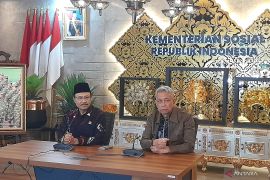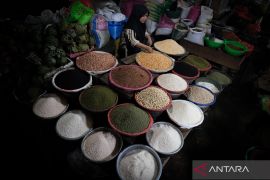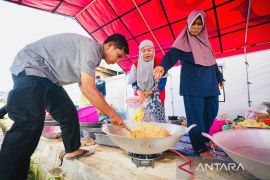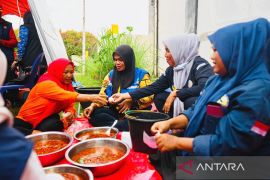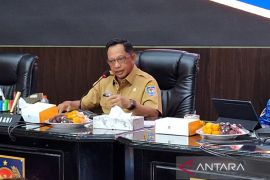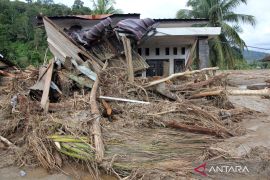“Imagine, a very large budget must be allocated for data improvement, for example. While, in the regions, there are government apparatuses ranging from neighborhood units, villages, and so on. In my opinion, it's better if we (tap into potentials at the grassroots)," she informed in a written statement received in Jakarta on Friday.
She said that she welcomed the idea of community involvement in data improvement.
In keeping with the principle of participation, the ministry has added the “propose” and “rebuttal” features to the social aid check application, she said at a webinar entitled “Political Leadership in Changes to Integrated Social Welfare Data Policy” on Thursday (December 15, 2022).
Technological innovation in data improvement is meant to improve target accuracy in the distribution of social assistance. The measure is also aimed at ensuring transparency.
Now, people who feel they are eligible for assistance but have not received it can use the “proposal” feature to be included as recipients, she informed. Or, they can use the “rebuttal” feature to inform about recipients who are not supposed to be beneficiaries.
The features allow access to the public and can help reduce inaccuracies in data collection. The inaccuracies include exclusion error, under which people who are entitled to assistance do not receive it, and inclusion error, which works the other way around.
This is also in line with the provisions of Law No. 13 of 2011 concerning assistance for the poor, which states that poor people have the right to propose their names for assistance.
"These two features are also the implementation of the regulation in the law, which provide an opportunity to get social assistance as long as they comply with the regulations," she noted.
Geotagging innovation has also been employed, under which satellite images resulting in photos and numerical data have been used for verification.
Although updating data is the government's duty, community participation would be a huge help in the task. In line with this, regional governments need to increase their role in validation according to the mandate of the law, she said.
The ministry is also encouraging efforts to eradicate poverty through various empowerment programs. Now, beneficiaries under 40 years of age will be targeted for empowerment programs.
"For beneficiaries under 40 years old, they will be transferred to the empowerment program. Why? Because we think we are still strong and capable," she remarked.
The participants of the webinar in general commended the ministry's policies. A researcher from the Institute for Development of Economics and Finance (Indef), Eko Listiyanto, acknowledged that there has been progress in the development of data accuracy.
Technological innovations can help improve data accuracy. "In the future, communication, coordination, and synergy between the central and regional governments need to be improved," she said.
Rismaharini received the 2022 Moeslimchoice Award in recognition of the progress achieved in improving data on poverty. It was presented by the Moeslimchoice media group, she informed.
Related news: Minister listens to fishers' aspirations, distributes aid in Cilincing
Related news: Ensure employee welfare by signing up for JKN: BPJS Kesehatan
Related news: Gov't backs use of social welfare data for disbursing subsidized fuel
Translator: Devi N S R, Mecca Yumna
Editor: Azis Kurmala
Copyright © ANTARA 2022
